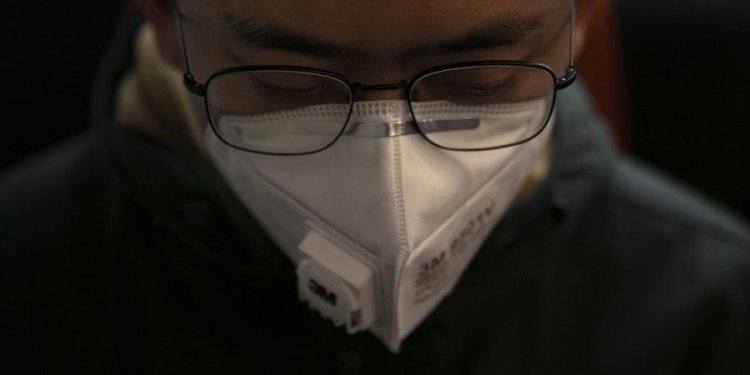India’s Neighbours ‘Pariahs’ Problem amid Coronavirus Fear

A bedridden retiree living with his wife in the eastern Indian city of Kolkata began feeling feverish with a bit of tightness in his chest - tell-tale signs of Covid-19.
Satya Deo Prasad, 68, had possibly picked up the infection from his visits to a local hospital to get dialysis for his failing kidneys.
His daughter, based some 1,900km (1,180 miles) away in the western city of Pune, called a Kolkata helpline for an ambulance to pick her father up and take him to the hospital.
After three hours, an ambulance arrived. It carried no attendant and the driver parked it some distance away from Mr Deo's house and refused to go any further.
Over the telephone, Alka Prasad begged the driver to pick her father up from the house, telling him that her 62-year-old mother was in no state to bring him to the vehicle. But to no avail.
"I am not going to touch a Covid body”, the driver, who was in protective gear, said flatly. "He will have to come out and walk into the ambulance."
The panic-stricken daughter called the helpline again, which sent another ambulance with volunteers and picked up Mr Deo later that evening.
"It took a full day to take him to hospital. Stigma attached to the disease was the primary reason," Ms Prasad told me.
With more than one million reported infections, India has the world's third-largest case load of Covid-19. As the virus spreads, so do fear and stigma, inflicting the rich and the poor, and pervading cities and villages.
"Fear and stigma have devoured us," says M Mitra, a Kolkata-based homemaker whose father had tested positive for the disease.
At the receiving end of the stigma are people who have been infected and recovered from the disease, health workers and doctors. The United Nations says "fears, rumours and stigma" are key challenges accompanying Covid-19 globally.
Such social stigma around the disease has forced people to hide illness, avoid tests and delay hospitalisation, often with fatal consequences. Stigma attached to quarantine has meant that people returning from isolation are often treated as outcasts.
Such social pressure can have catastrophic consequences.















































